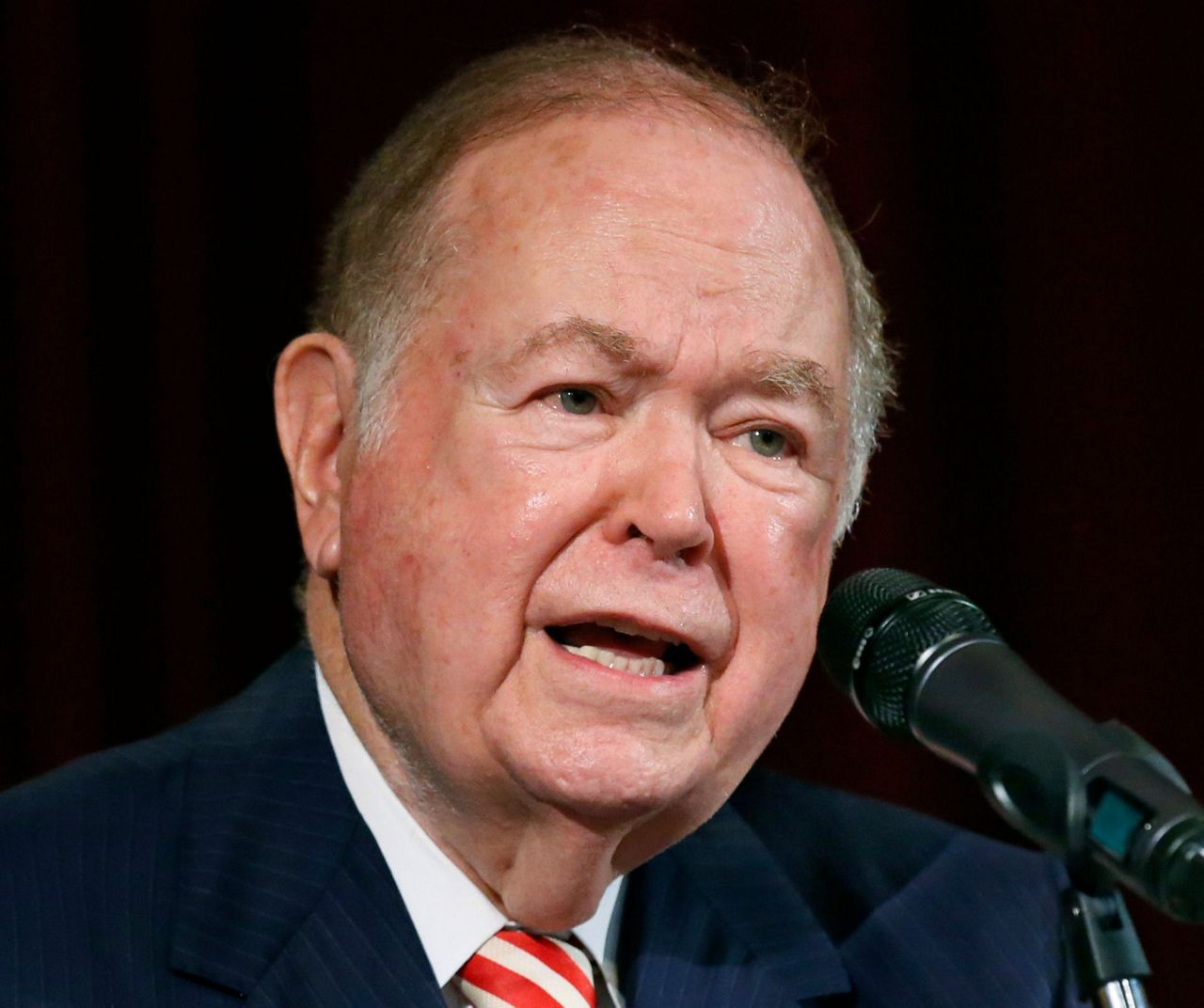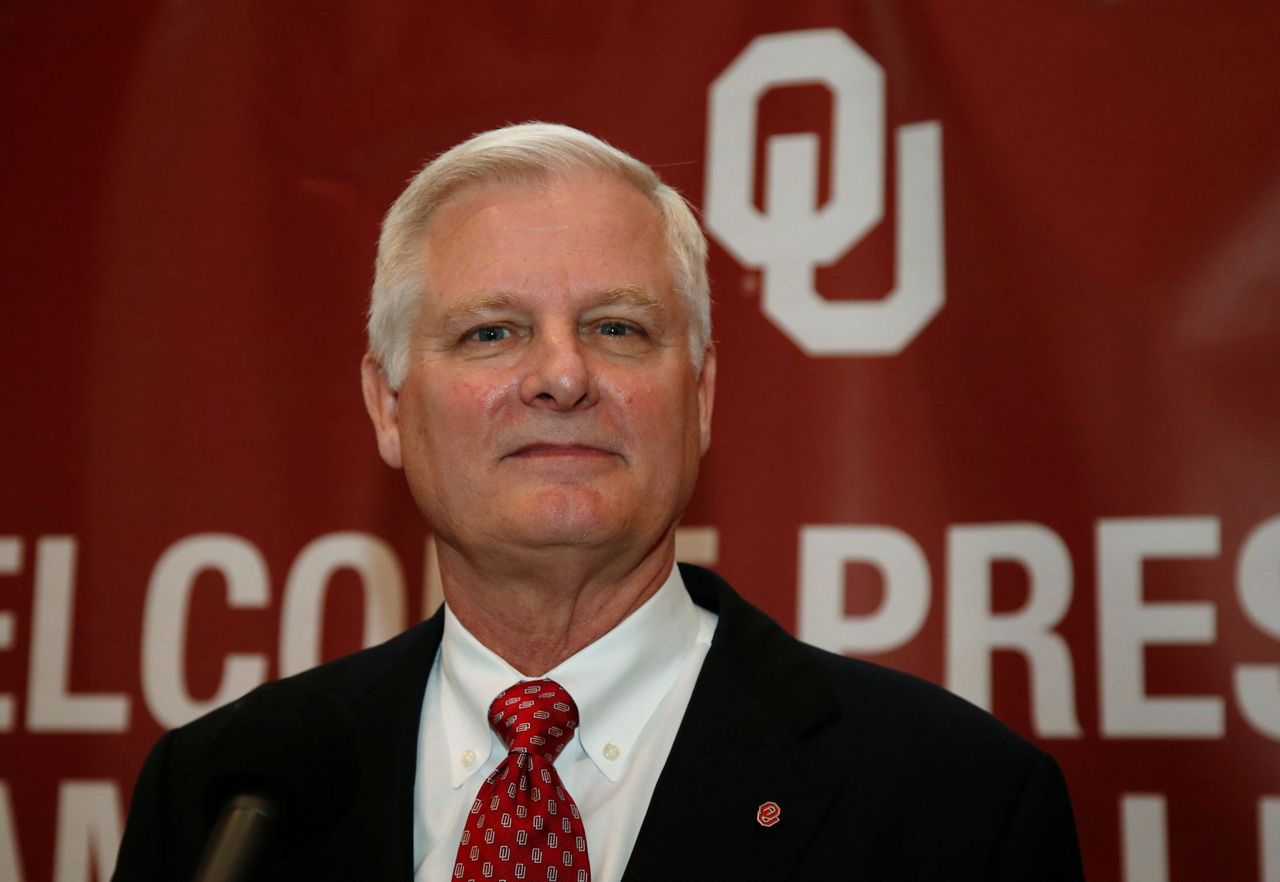OKLAHOMA CITY (AP) — The University of Oklahoma misreported data used to nationally rank the school for nearly 20 years, seriously impacting its prestige and reputation, a former student alleges in a federal lawsuit that seeks class-action status.
The lawsuit filed Tuesday in federal court in Oklahoma City estimates as many as 350,000 current and former students could be a part of the proposed class, with claims well in excess of $5 million. It was filed on behalf of Elani Gretzer, a Texas woman who says she enrolled at OU's Price College of Business in 2016 in part because of its national ranking by U.S. News, a company known for its lists of the nation's best colleges and universities.
"The University of Oklahoma knew that its rankings by U.S. News and other educational ranking organizations were false and based upon lies and fabricated data provided by the University of Oklahoma," the lawsuit alleges.
A university spokeswoman declined to comment on the suit until school officials had time to review the lawsuit, but OU officials acknowledged last year that it had inflated its alumni giving data since 1999.
The university, under former president Jim Gallogly, fired several top administrators after learning about the misreporting and hired Jones Day, an outside law firm, to investigate the matter. After the review, the university said it corrected the issues that led to incorrect data being reported. Gallogly announced his resignation earlier this month after less than a year on the job.
The Jones Day investigation was later expanded to include reports of sexual misconduct by its former president. David Boren, a former Oklahoma governor and U.S. senator, led the state's flagship university for 24 years before stepping down in 2018. Boren has denied wrongdoing.
The university ranked among the top 100 colleges and universities in the nation for the first time in 2018, moving to the No. 97 spot, according to the suit. But U.S. News changed the school to "unranked" in 2019 after school officials notified the company that it had inflated its alumni giving data since 1999, which affects the university's rankings in several categories. For the 2019 rankings, OU originally reported its two-year alumni giving rate at 14 percent, but later told U.S. News the correct value is 9.7 percent, the company said on its website.
___
Follow Sean Murphy at www.twitter.com/apseanmurphy
Copyright 2019 The Associated Press. All rights reserved. This material may not be published, broadcast, rewritten or redistributed.




